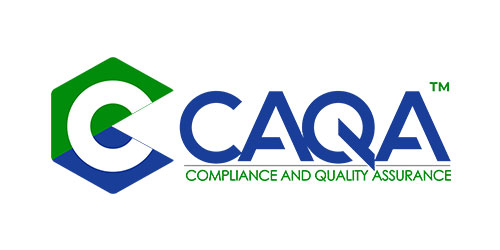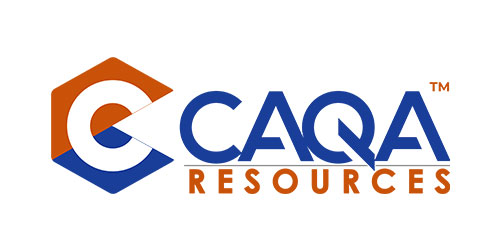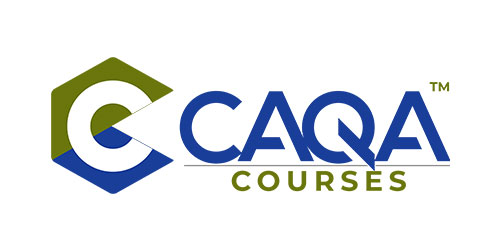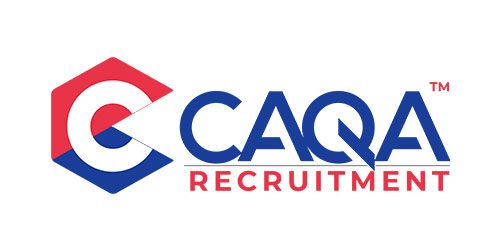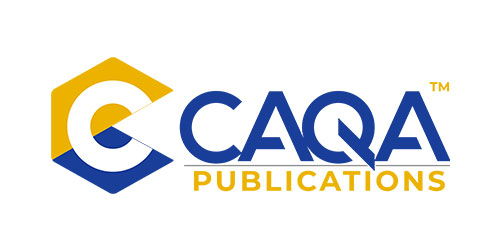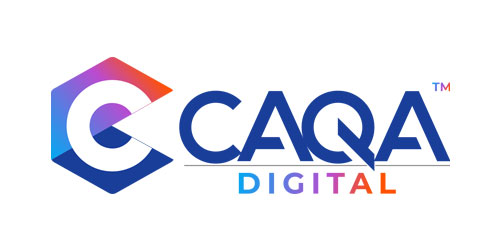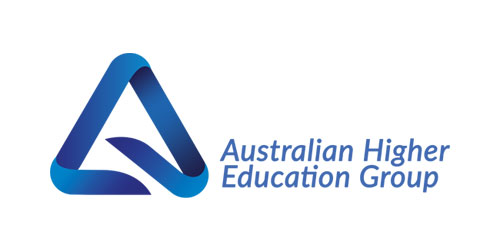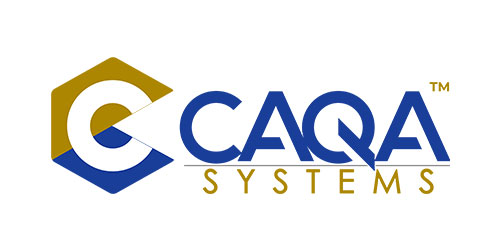
News
Trainers or assessors in training organisations may have a variety of administrative duties. Some of these may be:
Ensuring that all training and assessment materials are up to date and compliant with relevant legislation and standards
Maintaining accurate and up-to-date records of students’ enrolment, attendance and progress
Coordinating the delivery of training programs, and ensuring that all materials and resources are available when required
Marking and recording assessment tasks
Liaising with clients to organise training and assessment activities
Assistance with issuing certificates and other documentation to students upon successful completion of their course.
Coordinating the delivery of training and assessment programs
Managing finances related to training and assessment activities-finances associated with the delivery of training programs, including budgeting, invoicing and payments
Answering student queries and providing feedback on their progress
Negotiating contracts with outside providers of services or products related to the delivery of training programs
Developing new training programs or customising/contextualising existing ones to meet the changing needs of students or clients
Selecting, orienting, and supervising support staff, such as instructors, program coordinators and administrators.
Serving on committees or working groups related to the development and delivery of training programs.
Representing the training organization at conferences, seminars or other events
Keeping abreast of developments in the field of training and adult education through reading, research and professional development activities.
Liaising with employers to arrange work placements or employment opportunities for students
Marketing the training organisation’s services to potential clients.
To effectively discharge these responsibilities, you need to have strong organisational and administrative skills. You also need to be able to keep up to date with changes in legislation and standards and ensure that all training and assessment materials are compliant.
All of these responsibilities are important in ensuring the smooth running of a training organisation and the quality of the education and training provided. It is essential that you fulfil your administrative duties to the best of your ability in order to maintain high standards and support the success of your students.
If you are unable to meet your administrative responsibilities, it could jeopardise the quality of training and assessment provided by the organisation, and ultimately lead to its deregistration. Therefore, it is essential that you take your administrative responsibilities seriously and discharge them diligently.
 1800 961 980
1800 961 980 info@careercalling.com.au
info@careercalling.com.au












